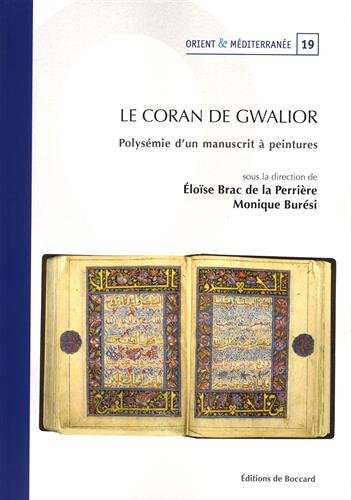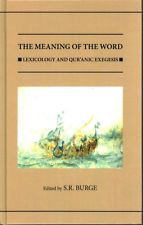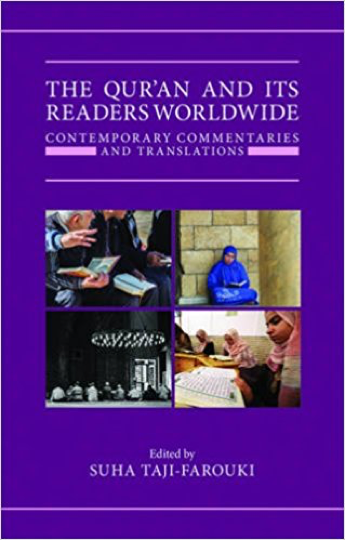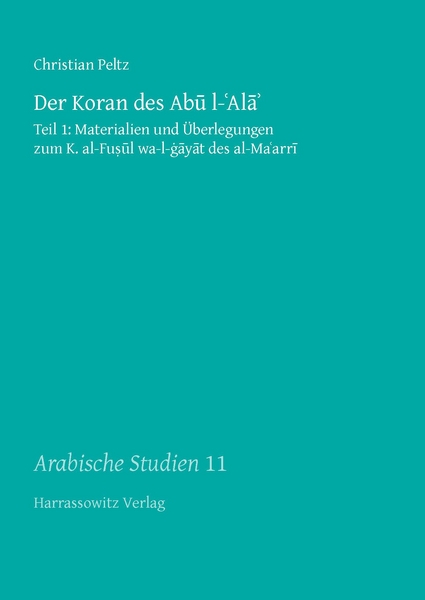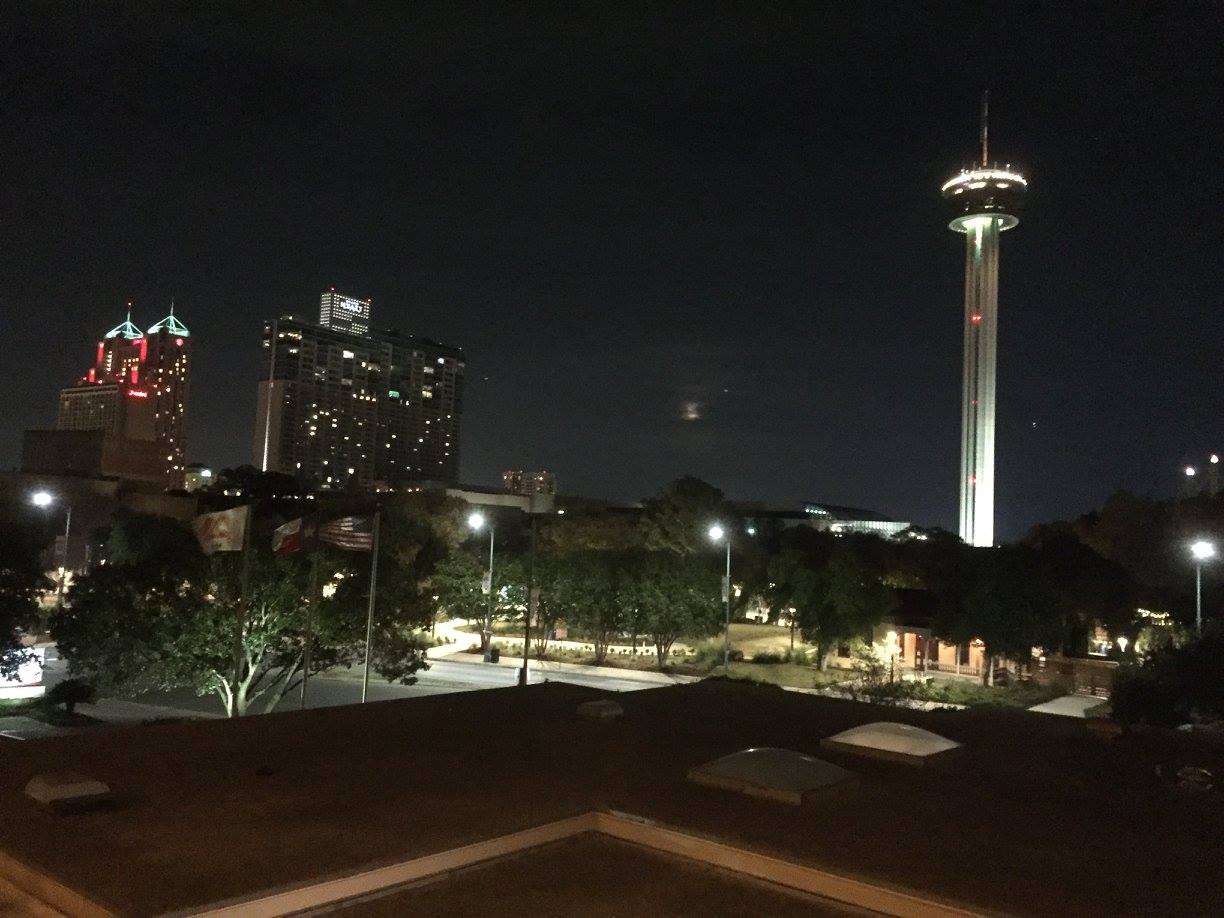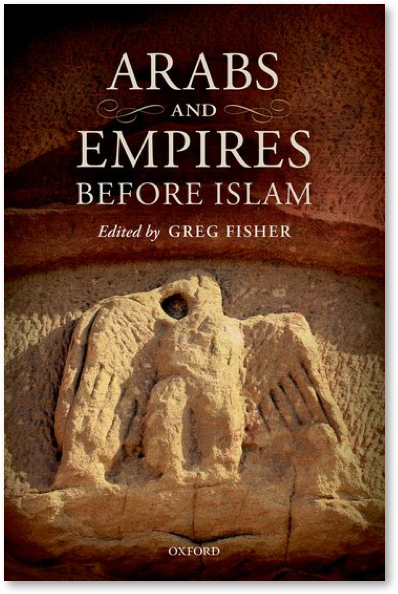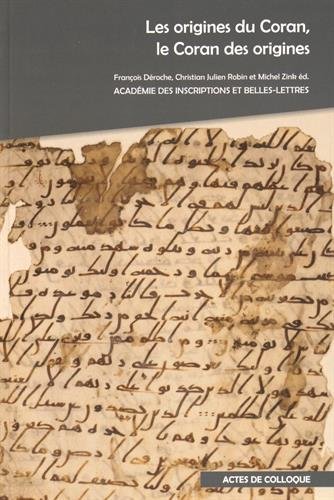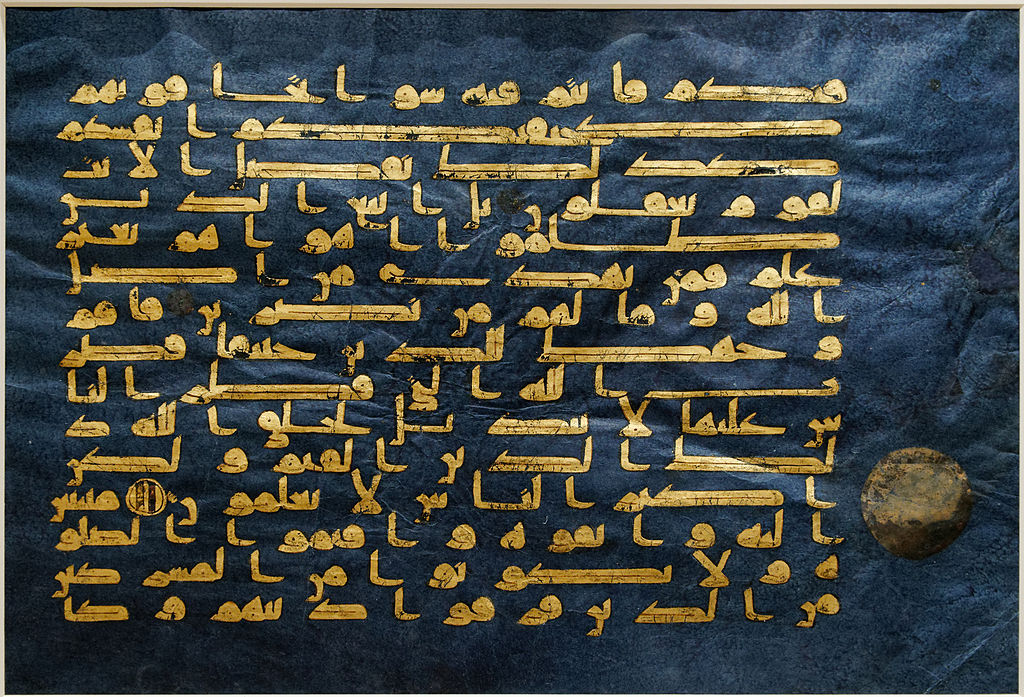Member Benefits: IQSA Publications
Did you know that active membership in the International Qur’anic Studies Association comes with research benefits? IQSA members receive full access to periodicals featuring the latest research from experts in the field, including the Journal of the International Qur’anic Studies Association (JIQSA) and the Review of Qur’anic Research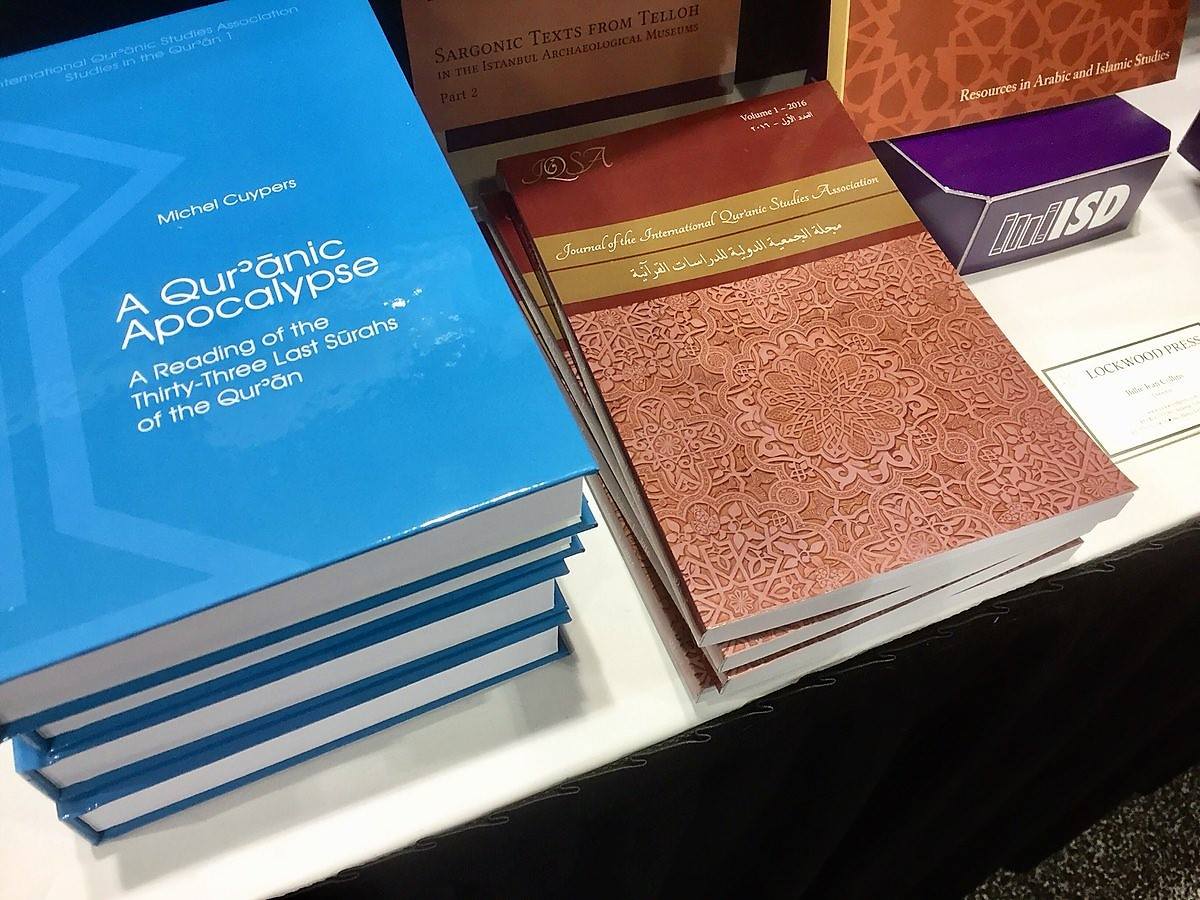
The Journal of the International Qur’anic Studies Association (JIQSA) is a peer-reviewed annual journal devoted to the scholarly study of the Qur’an. Its goals are to
- publish scholarship of high technical quality on the Qur’an, discussing its historical context; its relationship to other religious text traditions; and its literary, material, and cultural reception;
- cultivate Qur’anic Studies as a growing field with a distinctive identity and focus, while acknowledging relevant linkages to the study of the Bible as well as the Islamic tradition, including tafsīr;
- facilitate crucial conversations about the state of the field in Qur’anic Studies and the future of the discipline;
- connect diverse scholarly communities from around the world on issues of common concern in the study of the Qur’an.
IQSA members have online access to all 5 volumes of JIQSA, including presidential addresses and responses from Annual Meetings. Read more about JIQSA, its’ submission process, and subscribe at this link!
In addition, IQSA members reeive access to the Review of Qur’anic Research (RQR), an online companion to the International Qur’anic Studies Association (IQSA). IQSA is committed to the advancement and dissemination of high quality scholarship on the Qur’an and to the facilitation of deeper understandings of the Qur’an through scholarly collaboration. RQR is an online resource that features reviews of cutting-edge scholarship in the field of qur’anic studies and allied fields.
IQSA members have full access to all 7 volumes of RQR, containing over 70 book reviews! Read more and login at this link.
Interested in access to these resources? Become an IQSA member at members.iqsaweb.org and start reading today!

